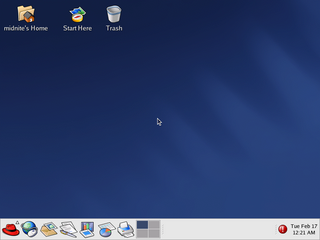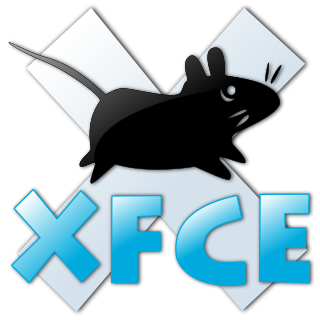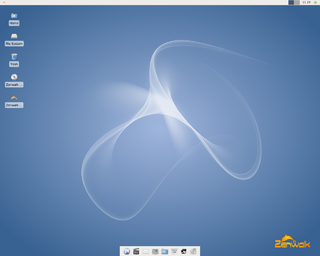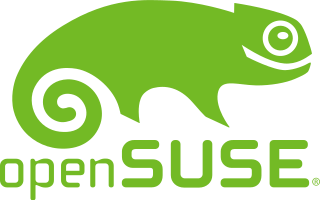External links
| Core Applications | |||||||||||||||||
|---|---|---|---|---|---|---|---|---|---|---|---|---|---|---|---|---|---|
| Extras |
| ||||||||||||||||
| Components |
| ||||||||||||||||
| Community | |||||||||||||||||
| People | |||||||||||||||||
It is proposed that this article be deleted because of the following concern: If you can address this concern by improving, copyediting, sourcing, renaming, or merging the page, please edit this page and do so. You may remove this message if you improve the article or otherwise object to deletion for any reason. Although not required, you are encouraged to explain why you object to the deletion, either in your edit summary or on the talk page. If this template is removed, do not replace it . ContentsThe article may be deleted if this message remains in place for seven days, i.e., after 15:11, 14 September 2021 (UTC). Nominator: Please consider notifying the author/project: {{ subst:proposed deletion notify |GNOME System Tools|concern=not notable after [[WP:BEFORE]]}} ~~~~ |
| Platform | GNOME |
|---|---|
| Website | projects-old.gnome.org/gst/ |
GNOME System Tools (GST), previously known as Ximian Setup Tools and Helix Setup Tools, is a set of configuration programs for Linux and other Unix-like operating systems. It consists of a set of 'backends' (scripts written in Perl) which manipulate the system's configuration files, and generate XML descriptions of the current state, and frontends, generally written in C, which are GUIs for the GNOME desktop environment.
GST has been included in the GNOME 2.8 desktop, released in September 2004. GST is free software released under the terms of the GNU General Public License.
The tools were first developed by Hans Petter Jansson at Helix Code. Later, several other employees were involved, most notably José-María Celorio, Arturo Espinosa and Tambet Ingo.
When Helix Code changed its name to Ximian, the name of the project was changed to Ximian Setup Tools. Later, Ximian withdrew resources from the project, and it was moved to the GNOME CVS server, where Carlos Garnacho Parro eventually took up maintainership.
The GNOME System Tools currently contains frontend tools for these configurations:

A Linux distribution is an operating system made from a software collection that is based upon the Linux kernel and, often, a package management system. Linux users usually obtain their operating system by downloading one of the Linux distributions, which are available for a wide variety of systems ranging from embedded devices and personal computers to powerful supercomputers.

Miguel de Icaza is a Mexican-American programmer, best known for starting the GNOME, Mono, and Xamarin projects.

Red Hat Linux, created by the company Red Hat, was a widely used Linux distribution until its discontinuation in 2004.
Ximian, Inc. was an American company that developed, sold and supported application software for Linux and Unix based on the GNOME platform. It was founded by Miguel de Icaza and Nat Friedman in 1999 and was bought by Novell in 2003. Novell continued to develop Ximian's original products, while adding support for its own GroupWise and ZENworks software.

Xfce or XFCE is a free and open-source desktop environment for Linux and Unix-like operating systems.

Nathaniel Dourif Friedman is an American technology executive. Since October 2018 he is the chief executive officer (CEO) of GitHub.

Advanced Package Tool, or APT, is a free-software user interface that works with core libraries to handle the installation and removal of software on Debian, Ubuntu, and related Linux distributions. APT simplifies the process of managing software on Unix-like computer systems by automating the retrieval, configuration and installation of software packages, either from precompiled files or by compiling source code.

The GNU Project is a free software, mass collaboration project that Richard Stallman announced on September 27, 1983. Its goal is to give computer users freedom and control in their use of their computers and computing devices by collaboratively developing and publishing software that gives everyone the rights to freely run the software, copy and distribute it, study it, and modify it. GNU software grants these rights in its license.
freedesktop.org (fd.o) is a project to work on interoperability and shared base technology for free-software desktop environments for the X Window System (X11) and Wayland on Linux and other Unix-like operating systems. It was founded by Havoc Pennington from Red Hat in March 2000. The project's servers are hosted by Portland State University, which in turn are sponsored by HP, Intel and Google.

Scanner Access Now Easy (SANE) is an application programming interface (API) that provides standardized access to any raster image scanner hardware.

PCLinuxOS, often shortened to PCLOS, is an x86-64 Linux distribution, with KDE Plasma Desktop, MATE and XFCE as its default user interfaces. It is a primarily free software operating system for personal computers aimed at ease of use. It is considered a rolling release.

VectorLinux, abbreviated VL, is a Linux distribution for the x86 platform based on the Slackware Linux distribution, originally developed by Canadian developers Robert S. Lange and Darell Stavem. Since version 7 the Standard Edition is also available for the x86-64 platform, known as VLocity64 7.

Zenwalk is a Desktop focused Linux distribution founded by Jean-Philippe Guillemin. It is based on Slackware with very few modifications at system level making it 100% compatible with it. Zenwalk aims to be a modern and multi-purpose Linux distribution by focusing on Internet applications, multimedia and programming tools. Additionally, Zenwalk comes with many specialized tools, designed for beginner through advanced users as it offers system configuration via both graphical and command-line operations.

openSUSE is a project that serves to promote the use of free and open-source software.

NetworkManager is a daemon that sits on top of libudev and other Linux kernel interfaces and provides a high-level interface for the configuration of the network interfaces.

SUSE Linux Enterprise is a Linux-based operating system developed by SUSE. It is available in two editions, suffixed with Server (SLES) for servers and mainframes, and Desktop (SLED) for workstations and desktop computers. Its major versions are released at an interval of 3–4 years, while minor versions are released about every 12 months. SUSE Linux Enterprise products receive more intense testing than the upstream openSUSE community product, with the intention that only mature, stable versions of the included components will make it through to the released enterprise product.
A desktop environment is a collection of software designed to give functionality and a certain look and feel to an operating system.

GNOME is a free and open-source desktop environment for Unix-like operating systems. GNOME was originally an acronym for GNU Network Object Model Environment, but the acronym was dropped because it no longer reflected the vision of the GNOME project.

Listaller is a free computer software installation system aimed at making it simple to create a package that can be installed on all Linux distributions as well as providing tools and API to make software management on Linux more user-friendly.